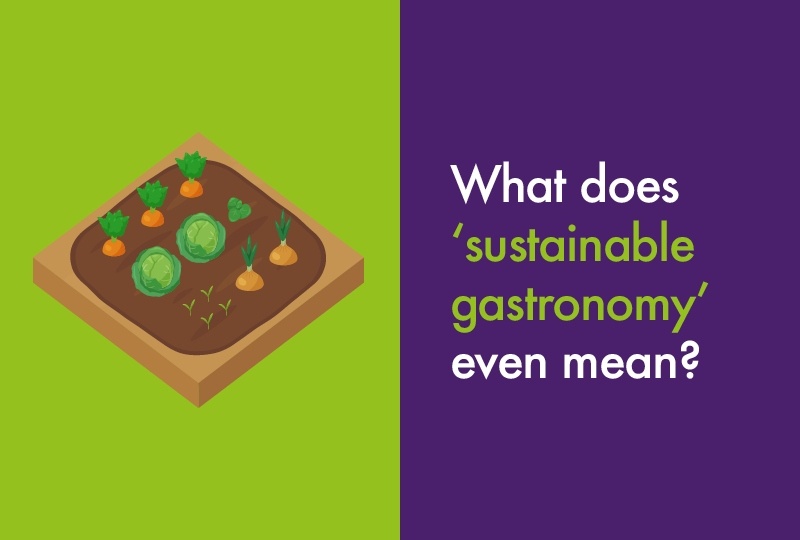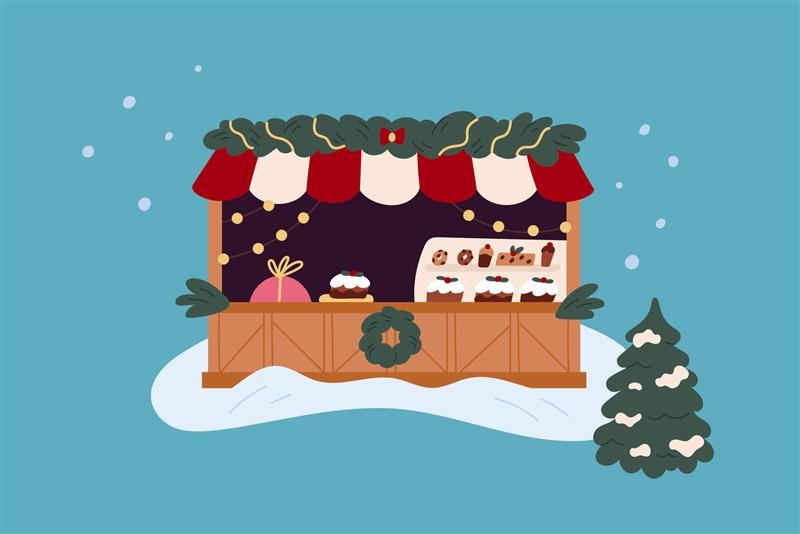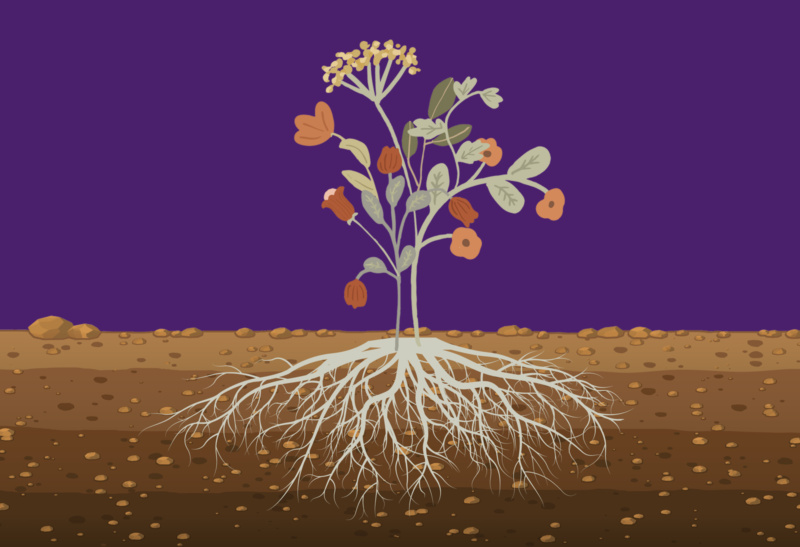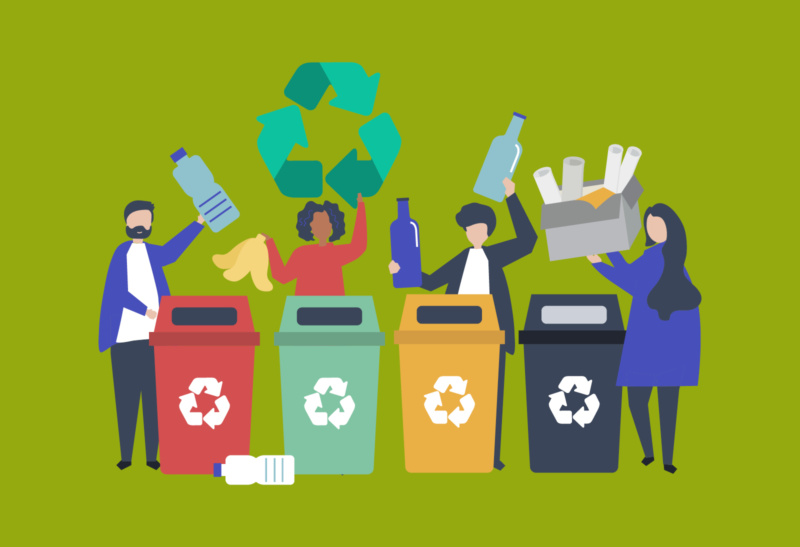So, what does ‘sustainable gastronomy’ even mean?
Yep, it’s a bit of a mouthful. (See what I did there?) Gastronomy is a great word, and even saying it makes my mouth water. Gastronomy is all about great food and the stories that go into the creation of the dishes we sit down to eat. For me, it’s about connectedness with food and valuing the role it plays in our life and culture. So, there’s a really obvious connection with sustainability, because the way we grow and create food uses a lot of natural resources, and it needs to be done in a way that doesn’t jeopardise the ability of future generations to do likewise. So, throw these ideas together and you end up with an idea called ‘sustainable gastronomy’.
Er…that sounds a bit, what’s the word…elitist?
Well, it’s a really good point, because it shouldn’t be, and we need to talk about this, because sustainable food isn’t actually sustainable if it’s priced beyond what most can afford – we can’t separate social need from environmental issues. Good food absolutely needs to be affordable. I think community orchards are a fantastic example of sustainable gastronomy, because the food is free to all at source and the orchards themselves connect people to how apples are grown.
So, what’s Bidfood doing to help make better food affordable?
There are lots of factors to balance here. We want to use our size in the market to be a positive force for change , driving up standards, whilst being mindful that our customers’ customers are all on some sort of budget; we need to help our customers remain competitive. We have to have sourcing policies that are commercially workable for our suppliers, whilst aiming to protect the health of the ecosystem on which all food production depends. So, it’s not straightforward but that’s not an excuse for inaction. Holding all those tensions together, here’s a flavour (pun intended) of what we’re doing to promote sustainable food, all in a Gastronomy acronym!
- Giving unsold but good food to food banks via FareShare and other charities
- Acting on food waste – we achieved 21% YOY reduction last year
- Soya and palm policies to address deforestation in food supply chains
- Transparency of our environmental and sustainable credentials via our EcoVadis scorecard
- Reducing the impacts of plastic by aligning with the objectives of the Plastics Pact
- Openness about our challenges and learnings in industry working groups led by WRAP
- Net zero carbon aspiration of 2045, backed up by strong targets and robust reporting
- Offering all our employees the chance to take a paid day volunteering for a charity of their choice
- Members of SEDEX – to address risks of modern slavery in our global supply chains
- Yearly reporting off all the above and more in our externally assured sustainability report
And what can our customers do to help drive the concept of sustainable gastronomy?
It’s a question that lots of customers ask me, and it’s my favourite question.
Ask your Account Manager about what you buy from us and investigate options for swapping products for ones with recognised accreditations or from suppliers with great credentials e.g. B-Corps
Learn about what sustainable food means, ask questions, read our report and sustainability web pages
Optimise the food you buy so that it doesn’t go to waste – learn more at Guardians of Grub and check out our 5 ways to reduce food waste blog.
Tell your customers about the food they’re buying so that they can choose sustainable options
And for the keen eyed among you, those tips as to what you can do to raise the bar for sustainable food were arranged in another acronym – A LOT!



